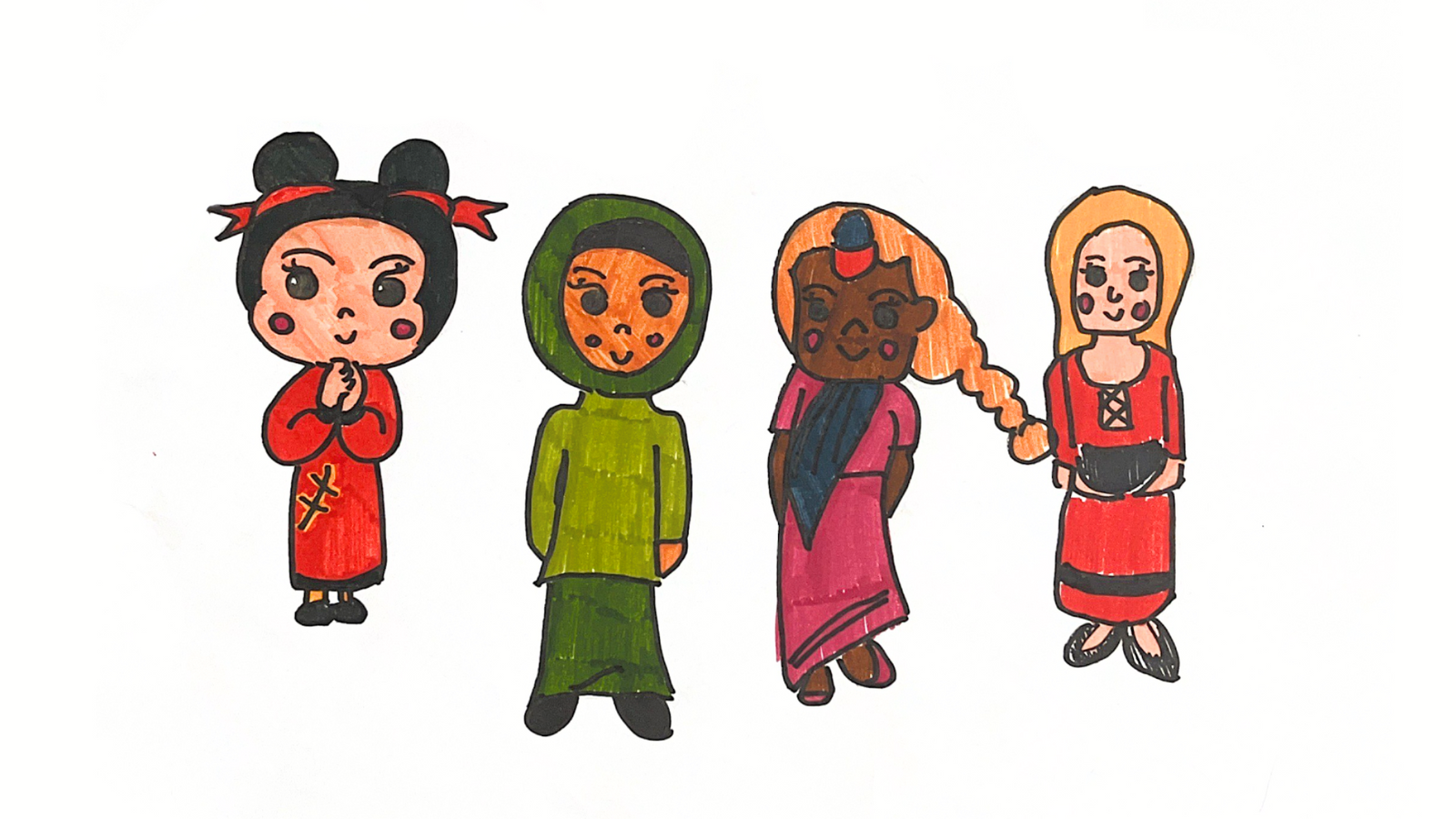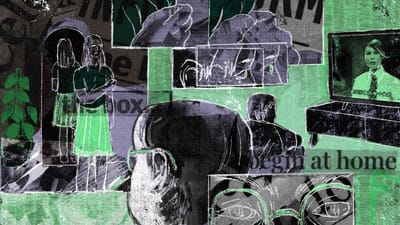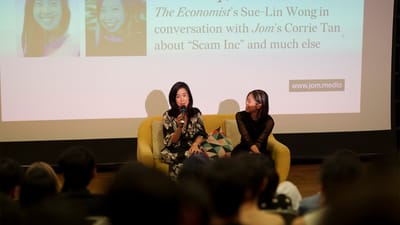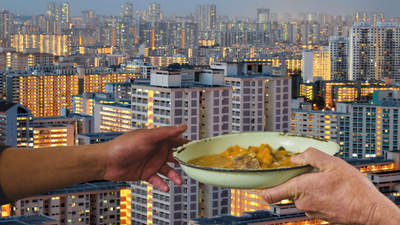Four years after the “brownface” controversy, local rapper Subhas Nair recently went on trial for attempting to promote “ill will” among racial and religious groups with his parody rap video, “K Muthusamy” and other social media comments. The trial has divided Singaporeans, revealing a rift in how race relations ought to be managed in the country: should we strive to protect racial harmony at all costs?
The “brownface” saga began in July 2019, when many Singaporeans took issue with an advertisement for NETS, a local electronic payment service provider, that involved the use of “brownface”. In the advertisement, Dennis Chew, an ethnically Chinese radio personality, dressed up as Singaporeans of different ethnicities, including an Indian man and a Malay woman wearing a headscarf, darkening his skin for some of the portrayals. In response to the advertisement, Subhas and his sister, online influencer Preetipls, released “K Muthusamy”, named after the Indian character that Chew played. In a public statement, the siblings explained that the song—a parody of “F*ck It Up” by Iggy Azalea and Kash Doll—was “born from a place of frustration and pain…where we felt there weren’t enough safeguards for minorities, in terms of how we are portrayed in the national media.”
However, K Shanmugam, home affairs and law minister, claimed that the siblings had crossed the line because their rap “uses four-letter words on Chinese Singaporeans, vulgar gestures—pointing of middle fingers—to make minorities angry with Chinese Singaporeans.” The authorities took down the rap video and investigated the siblings. The police eventually issued them conditional warnings under Section 298A of the Penal Code for wounding the racial feelings of the Chinese community. In contrast, the Infocomm Media Development Authority (IMDA) let off the creators of the original, offensive advertisement with a “stern warning” on the basis that though the advertisement was in poor taste and caused offence to minorities, it nevertheless did not breach the Internet Code of Practice.
The government’s reaction to both the advertisement and rap video was motivated by a desire to maintain social order and stability in our multicultural society. Yet, in doing so, the nanny state may have prevented Singaporeans from engaging in a more level-headed discussion about race relations in Singapore and the reality of racial inequality in a Chinese-majority society. While racial harmony was quickly restored, it was arguably achieved by silencing everyone into submission, including those calling attention to the challenges and injustices faced by racial minorities.
The way this incident unfolded reflects a philosophical imperative—Singapore’s pursuit of racial harmony—that’s backed up by a corpus of laws and attendant potential criminal penalties. To be sure, compared with the 1960s, the relatively peaceful race relations we enjoy today in Singapore is something to be cherished.
However, recent prosecutions have raised questions about Singapore’s punitive approach towards race and racism. As Singapore contemplates enacting new legislation on racial harmony, we must not confuse the veneer of racial harmony for racial justice. The pursuit of the former may come at the expense of the latter, thus preventing us from becoming a more just and equal society for minority and marginalised communities.





